Imagine a material that combines the lightness of aluminum with the impressive strength of steel. That’s the magic of 7075 aluminum powder, a game-changer in the world of additive manufacturing and beyond. But what exactly makes this powder so special? Buckle up, because we’re diving deep into its properties, applications, and why it might be the perfect fit for your next project.
Composition and Characteristics of 7075 Aluminum Powder
7075 aluminum powder isn’t your average aluminum shavings. It’s a meticulously crafted alloy, meaning it’s not pure aluminum but a blend of aluminum with other elements to enhance its properties. The key players in this alloy are:
- Zinc (5.6 – 6.1%): Acts as a strengthening agent, making the powder significantly stronger than pure aluminum.
- Magnesium (2.1 – 2.5%): Improves corrosion resistance and workability.
- Copper (1.2 – 1.6%): Contributes to strength and hardness.
- Trace elements: Silicon, iron, manganese, and others play supporting roles in fine-tuning the powder’s characteristics.
This unique blend results in a powder with a remarkable set of properties:
- High Strength: Compared to pure aluminum, 7075 powder boasts significantly higher strength, making it ideal for applications demanding structural integrity.
- Nhẹ: Just like its aluminum base, 70.75 powder remains lightweight, offering a fantastic strength-to-weight ratio.
- Good Corrosion Resistance: The presence of magnesium enhances the powder’s resistance to corrosion, making it suitable for various environments.
- Excellent Machinability: The powder can be readily machined after the 3D printing process, allowing for precise finishing touches.
- Khả năng hàn: Joining components made from 7075 powder through welding is achievable.
But wait, there’s more! The magic extends beyond the basic composition. 7075 aluminum powder comes in various forms, each with its own advantages:
- Spherical Powders: These perfectly round particles offer exceptional flowability, making them ideal for smooth and efficient 3D printing processes.
- Irregular Powders: These have a more angular shape, potentially leading to higher packing density but potentially requiring more precise handling during printing.
The choice between spherical and irregular powders depends on your specific application and desired outcomes.
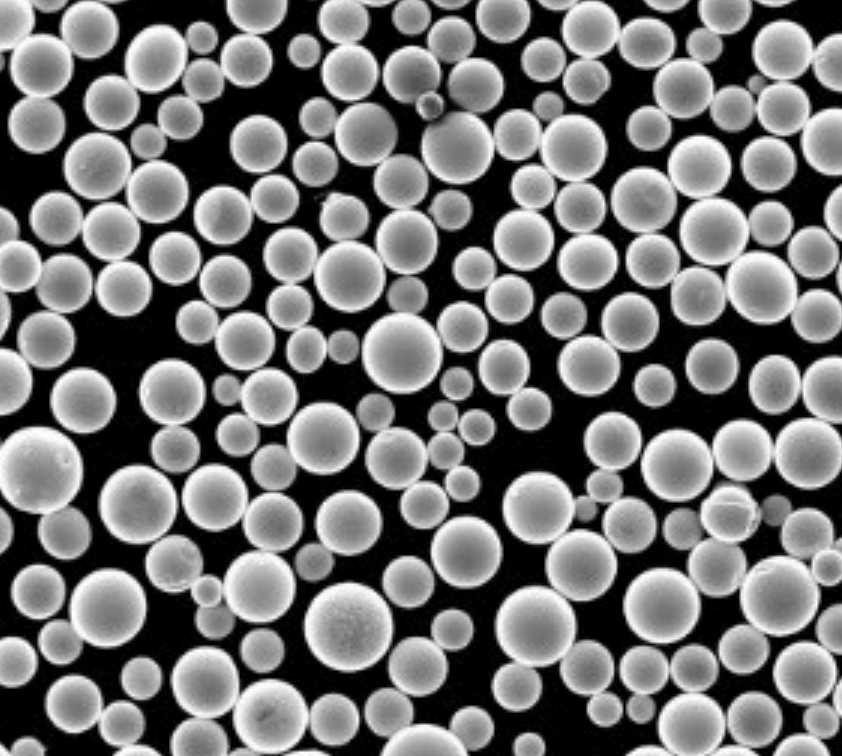
Applications of 7075 Aluminum Powder
7075 aluminum powder isn’t just sitting on shelves waiting for admiration. Its impressive properties make it a highly sought-after material in various industries:
- Hiệp công: The need for lightweight yet robust components in airplanes, spacecraft, and missiles makes 7075 powder a perfect choice.
- Ô tô: From high-performance car parts to lightweight engine components, 7075 powder helps reduce weight and improve vehicle efficiency.
- Quốc phòng: Military applications often demand strong and durable materials. 7075 powder finds its place in weapon systems, armor components, and other defense equipment.
- Hàng hóa tiêu dùng: Think high-end sporting goods like bicycle frames or camera components. 7075 powder allows for a unique blend of strength and weight reduction in these products.
- Medical Applications: Due to its good corrosion resistance, 7075 powder can be used for certain medical implants. However, biocompatibility testing is crucial for such applications.
The possibilities are truly endless! As additive manufacturing technology continues to evolve, we can expect to see even more innovative applications for 7075 aluminum powder emerge.
Factors to Consider When Choosing 7075 Aluminum Powder
So, you’re convinced 7075 aluminum powder might be the perfect fit for your project. But before you jump in, here are some crucial factors to consider:
- Particle Size and Distribution: The size and distribution of the powder particles significantly impact the flowability, printability, and final properties of the printed object.
- Sphericity: Spherical powders generally offer better flowability compared to irregular ones, leading to smoother printing processes.
- Khả năng chảy: Good flowability ensures consistent powder deposition during 3D printing, resulting in a uniform and high-quality final product.
- Powder Purity: The presence of impurities can negatively affect the final properties of the printed object. Opt for high-purity powders from reputable suppliers.
Composition and Characteristics of 7075 Aluminum Powder
7075 aluminum powder isn’t your average aluminum shavings. It’s a meticulously crafted alloy, meaning it’s not pure aluminum but a blend of aluminum with other elements to enhance its properties. The key players in this alloy are:
- Zinc (5.6 – 6.1%): Acts as a strengthening agent, making the powder significantly stronger than pure aluminum.
- Magnesium (2.1 – 2.5%): Improves corrosion resistance and workability.
- Copper (1.2 – 1.6%): Contributes to strength and hardness.
- Trace elements: Silicon, iron, manganese, and others play supporting roles in fine-tuning the powder’s characteristics.
This unique blend results in a powder with a remarkable set of properties:
- High Strength: Compared to pure aluminum, 7075 powder boasts significantly higher strength, making it ideal for applications demanding structural integrity.
- Nhẹ: Just like its aluminum base, 70.75 powder remains lightweight, offering a fantastic strength-to-weight ratio.
- Good Corrosion Resistance: The presence of magnesium enhances the powder’s resistance to corrosion, making it suitable for various environments.
- Excellent Machinability: The powder can be readily machined after the 3D printing process, allowing for precise finishing touches.
- Khả năng hàn: Joining components made from 7075 powder through welding is achievable.
But wait, there’s more! The magic extends beyond the basic composition. 7075 aluminum powder comes in various forms, each with its own advantages:
- Spherical Powders: These perfectly round particles offer exceptional flowability, making them ideal for smooth and efficient 3D printing processes.
- Irregular Powders: These have a more angular shape, potentially leading to higher packing density but potentially requiring more precise handling during printing.
The choice between spherical and irregular powders depends on your specific application and desired outcomes.

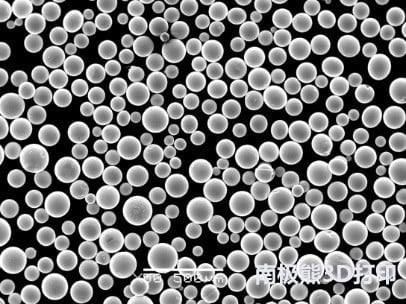
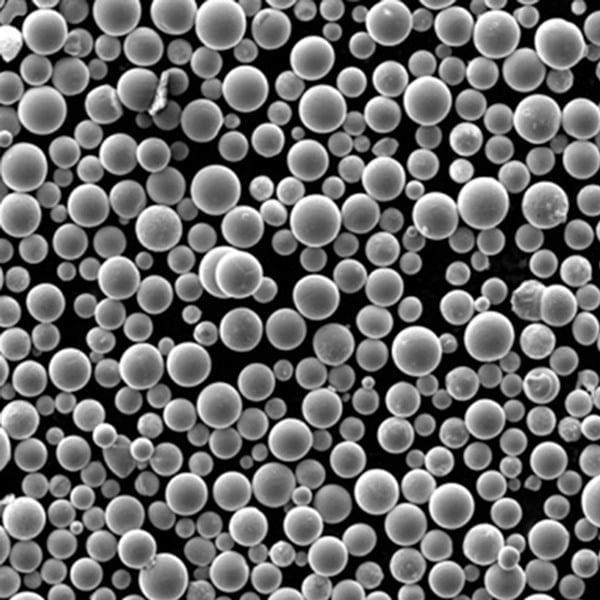
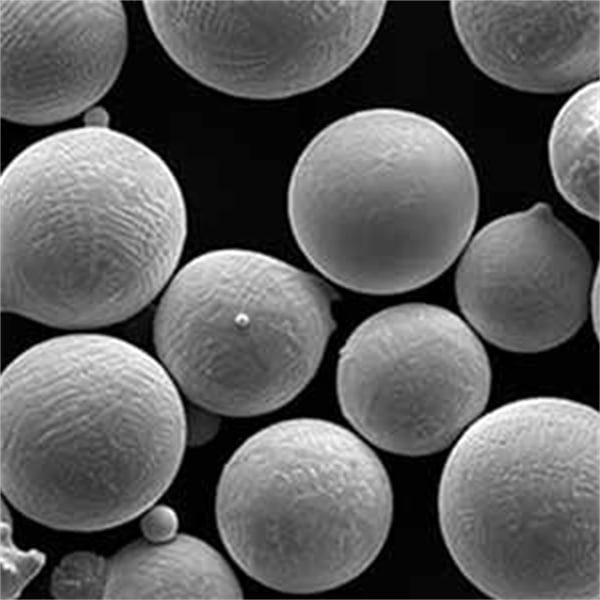
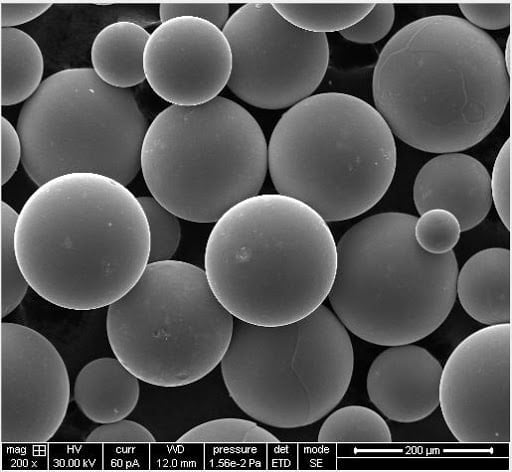
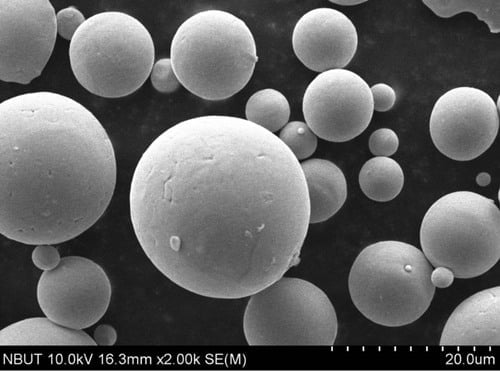
Applications of 7075 Aluminum Powder
7075 aluminum powder isn’t just sitting on shelves waiting for admiration. Its impressive properties make it a highly sought-after material in various industries:
- Hiệp công: The need for lightweight yet robust components in airplanes, spacecraft, and missiles makes 7075 powder a perfect choice.
- Ô tô: From high-performance car parts to lightweight engine components, 7075 powder helps reduce weight and improve vehicle efficiency.
- Quốc phòng: Military applications often demand strong and durable materials. 7075 powder finds its place in weapon systems, armor components, and other defense equipment.
- Hàng hóa tiêu dùng: Think high-end sporting goods like bicycle frames or camera components. 7075 powder allows for a unique blend of strength and weight reduction in these products.
- Medical Applications: Due to its good corrosion resistance, 7075 powder can be used for certain medical implants. However, biocompatibility testing is crucial for such applications.
The possibilities are truly endless! As additive manufacturing technology continues to evolve, we can expect to see even more innovative applications for 7075 aluminum powder emerge.
Factors to Consider When Choosing 7075 Aluminum Powder
So, you’re convinced 7075 aluminum powder might be the perfect fit for your project. But before you jump in, here are some crucial factors to consider:
- Particle Size and Distribution: The size and distribution of the powder particles significantly impact the flowability, printability, and final properties of the printed object.
- Sphericity: Spherical powders generally offer better flowability compared to irregular ones, leading to smoother printing processes.
- Khả năng chảy: Good flowability ensures consistent powder deposition during 3D printing, resulting in a uniform and high-quality final product.
- Powder Purity: The presence of impurities can negatively affect the final properties of the printed object. Opt for high-purity powders from reputable suppliers.
- Surface Morphology: The surface texture of the powder particles can influence factors like packing density and inter-particle bonding, ultimately affecting the strength and other properties of the finished product.
Understanding these factors and their impact on your specific application is crucial for selecting the optimal 7075 aluminum powder. Don’t hesitate to consult with experienced material suppliers and 3D printing professionals for guidance. They can help you navigate the options and ensure you choose the powder that delivers the desired results.
Suppliers of 7075 Aluminum Powder
The good news is that you have options when it comes to sourcing 7075 aluminum powder. Here’s a breakdown of some key players:
- Metal Powder Manufacturers: These companies specialize in producing metal powders for various applications, including 7075 aluminum powder. They often offer a range of particle sizes, shapes, and purities to cater to diverse needs.
- 3D Printing Material Suppliers: Many companies focus specifically on supplying materials for additive manufacturing processes. They often stock various 7075 aluminum powder options alongside other 3D printing materials.
- Online Retailers: Several online platforms offer 7075 aluminum powder for purchase. However, conducting thorough research on the seller’s reputation and product quality is crucial before making a purchase.
Remember, the cheapest option isn’t always the best. Consider factors like the supplier’s expertise, product quality certifications, and customer support when making your choice.
Cost Considerations for 7075 Aluminum Powder
7075 aluminum powder generally falls on the higher end of the metal powder cost spectrum. Several factors influence the price:
- Powder Purity: High-purity powders with minimal impurities command a premium price.
- Particle Size and Distribution: Finely-ground powders with a narrow size distribution often cost more than coarser powders with a broader distribution.
- Sphericity: Spherical powders typically carry a higher price tag due to the additional processing steps involved in achieving a perfect round shape.
- Demand and Availability: Market fluctuations in demand and availability can impact the cost of 7075 aluminum powder.
While the initial cost might seem high, consider the long-term benefits. The exceptional strength-to-weight ratio of 7075 aluminum powder can lead to lighter components, potentially reducing overall project costs and improving product performance.

Handling Precautions for 7075 Aluminum Powder
While not inherently toxic, 7075 aluminum powder can pose some health risks if not handled properly. Here are some safety precautions to keep in mind:
- Inhalation Risks: Fine aluminum powder particles can irritate the lungs if inhaled. Always wear a respirator with a P-100 filter when handling the powder.
- Fire Hazard: Aluminum powder can be flammable under certain conditions. Avoid sparks, open flames, and high heat sources around the powder.
- Skin and Eye Irritation: Aluminum powder can cause skin and eye irritation. Wear gloves, safety glasses, and long sleeves when handling the powder.
- Proper Disposal: Do not dispose of aluminum powder in regular trash. Check with local regulations for proper disposal procedures.
By following these safety guidelines, you can minimize risks and ensure a safe working environment when handling 7075 aluminum powder.
Câu hỏi thường gặp
Q: How does 7075 aluminum powder compare to other metal powders for 3D printing?
A: 7075 aluminum powder offers a fantastic combination of high strength, good corrosion resistance, and reasonable weight. Compared to pure aluminum powder, it boasts significantly higher strength. However, some metal powders, like titanium or certain nickel alloys, might surpass 7075 in terms of pure strength but often come at the cost of increased weight and higher printing complexity.
Q: Can I use 7075 aluminum powder for home 3D printing?
A: Technically, yes, but it’s not the easiest option for beginners. 7075 powder requires a more powerful 3D printer capable of handling its higher melting point compared to some other materials. Additionally, proper safety precautions are crucial when working with this powder.
Q: Are there any alternatives to 7075 aluminum powder?
A: Several alternatives exist depending on your specific needs. Here are a few examples:
- 6061 Aluminum Powder: Offers a good balance of strength and machinability but is not as strong as 7075.
- Stainless Steel Powders: Provide excellent corrosion resistance but are denser and require a more powerful 3D printer compared to aluminum powders.
- Titanium Powders: Exceptionally strong and lightweight but come with a much higher price tag and require specific printing expertise due to their high reactivity.
Ultimately, the best choice depends on the specific requirements of your project. Consider factors like strength, weight, corrosion resistance, budget, and your 3D printing capabilities before making a decision.
Q: Where can I learn more about 7075 aluminum powder?
A: Several resources can provide you with further information:
- Metal powder manufacturer websites: Many manufacturers offer detailed information about their 7075 aluminum powder products, including technical specifications and safety data sheets.
- 3D printing online communities: Joining online forums or communities focused on 3D printing allows you to connect with experienced users and get valuable insights into using 7075 aluminum powder.
- Scientific publications: Research papers and articles delve deeper into the technical aspects of 7075 aluminum powder, its properties, and potential applications.
Remember, the key is to do your research and choose the right resources based on your level of expertise and the specific information you seek.
About 3DP mETAL
Product Category
LIÊN HỆ
Bạn có thắc mắc không? Hãy gửi tin nhắn ngay cho chúng tôi! Sau khi nhận được tin nhắn của bạn, chúng tôi sẽ xử lý yêu cầu của bạn với cả một đội ngũ.
